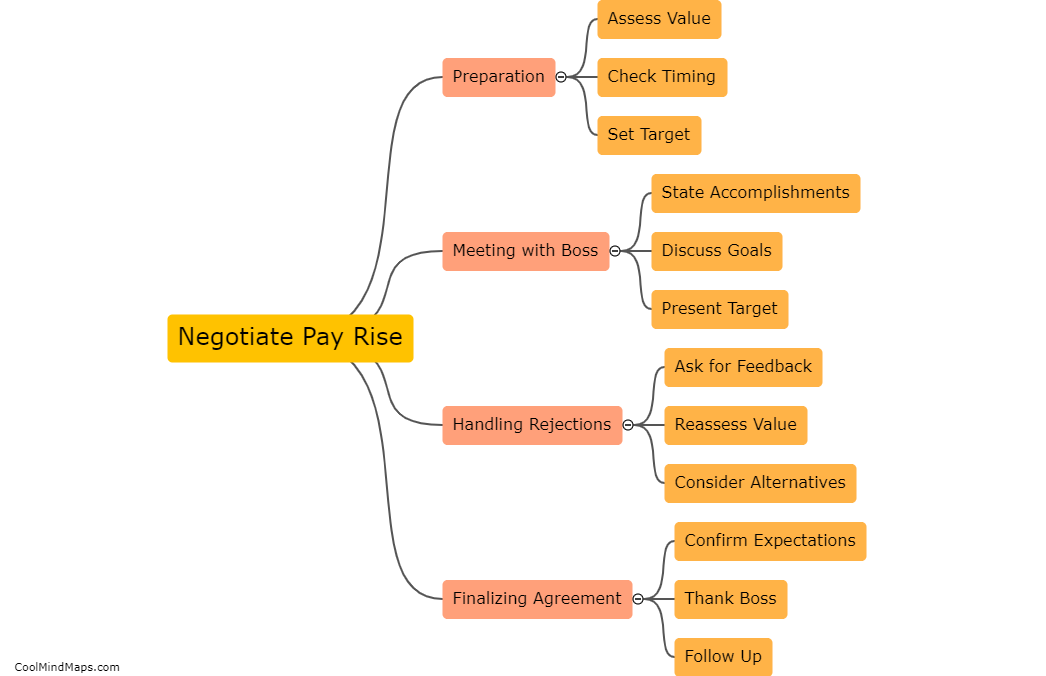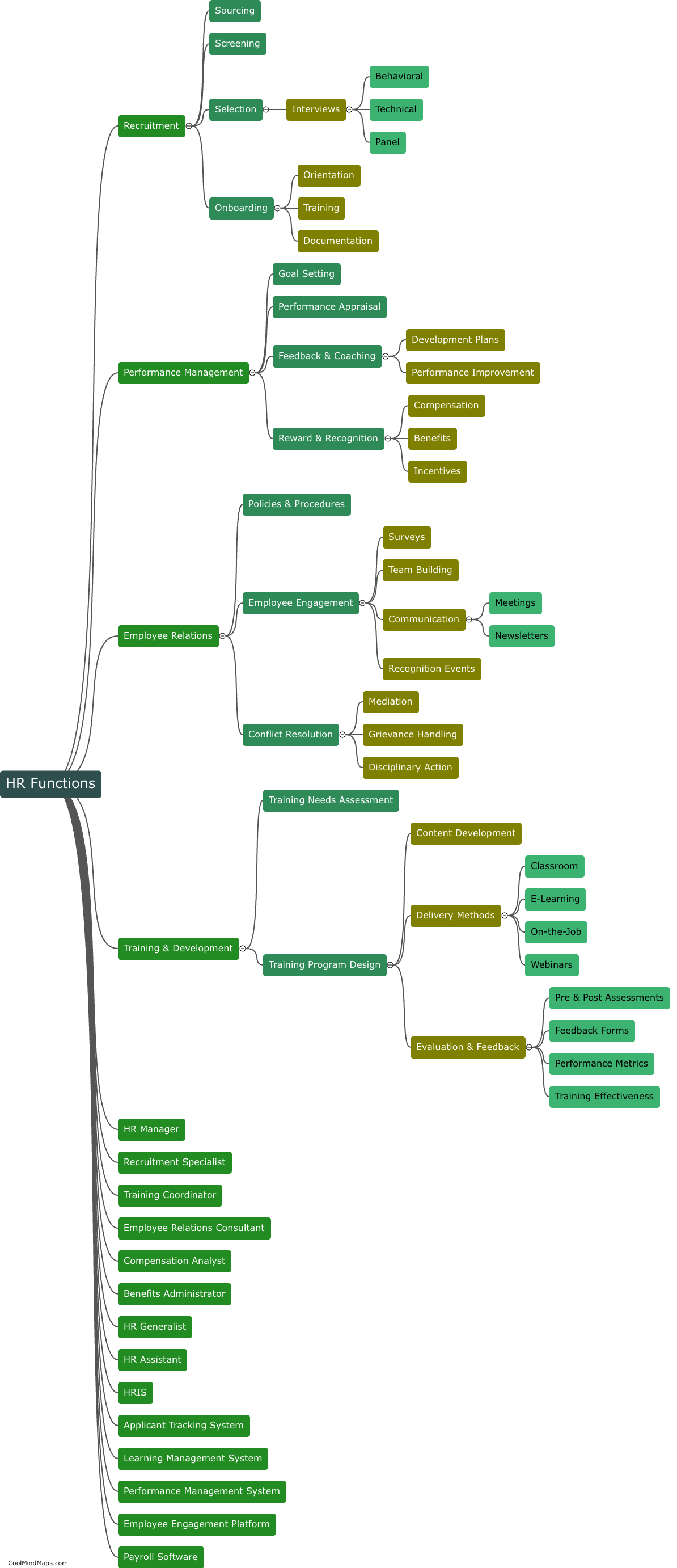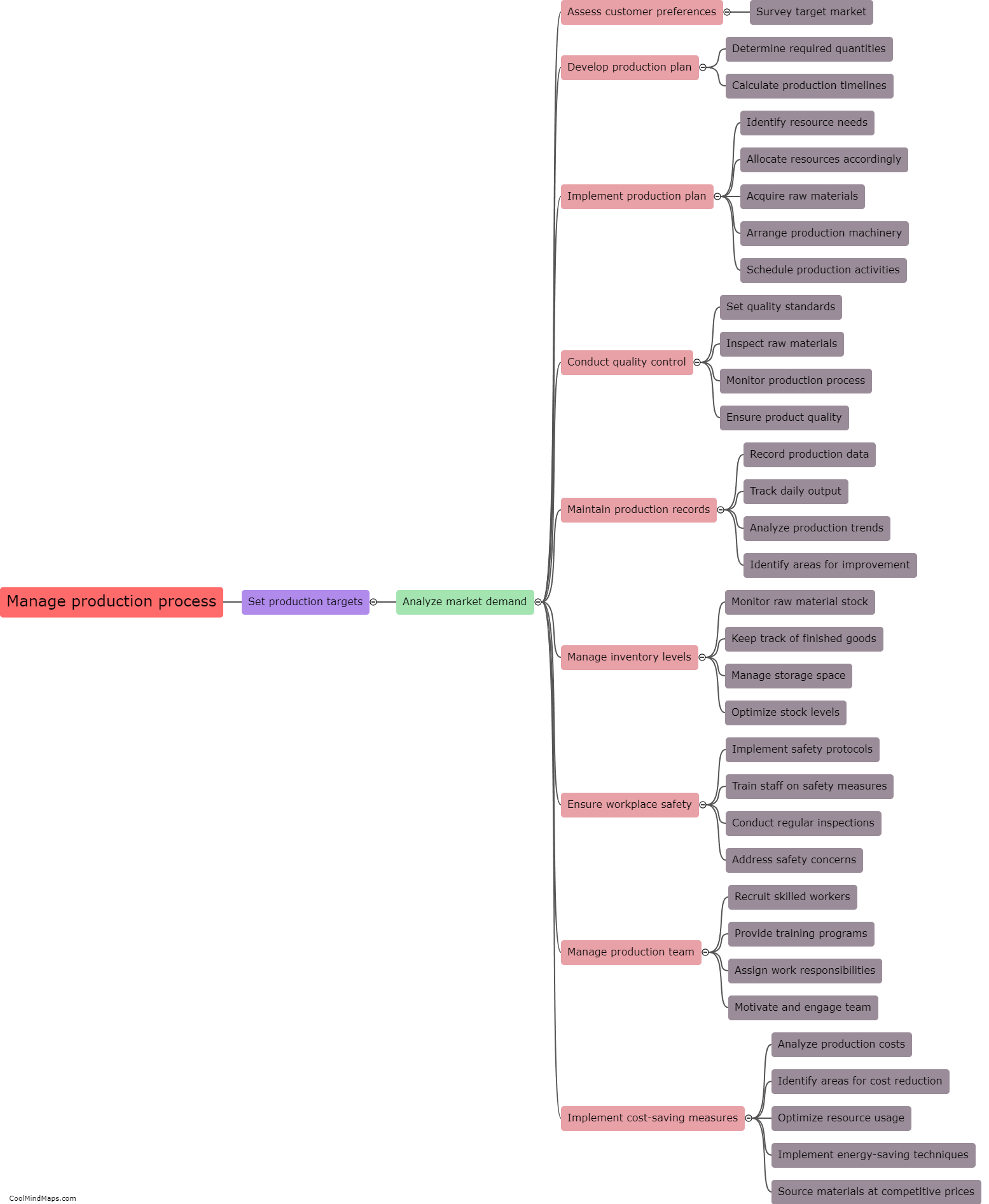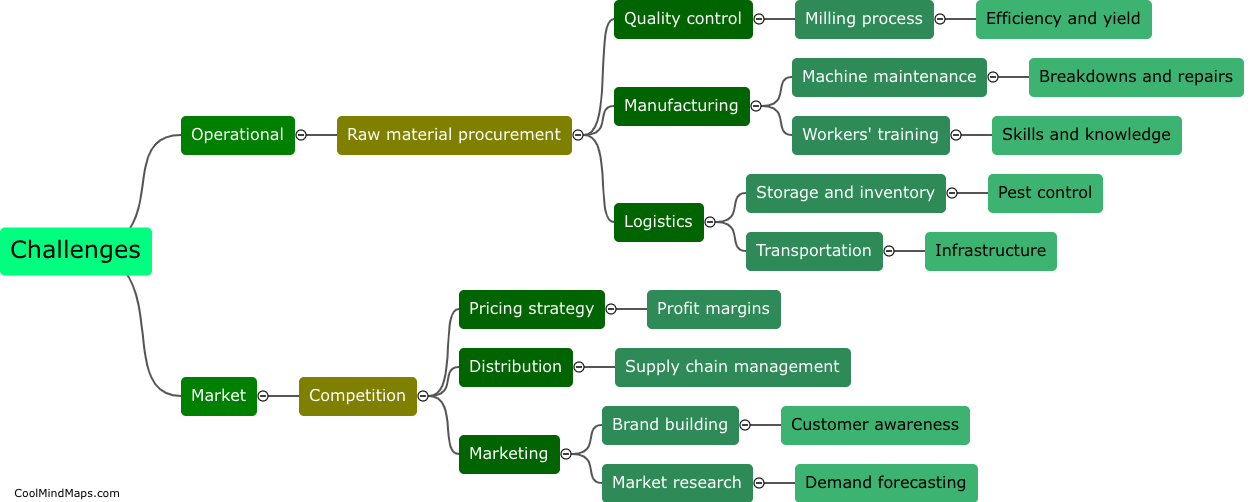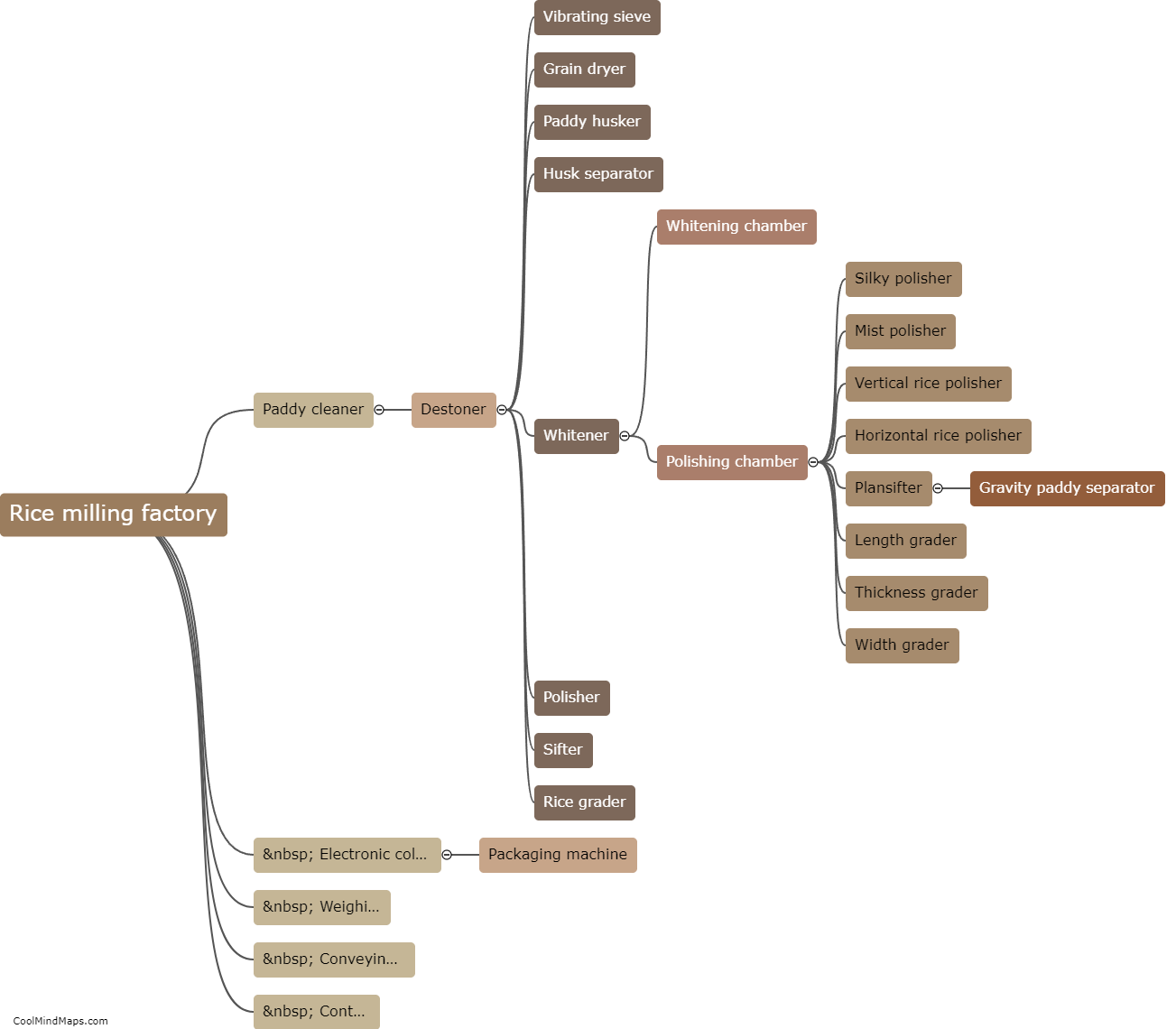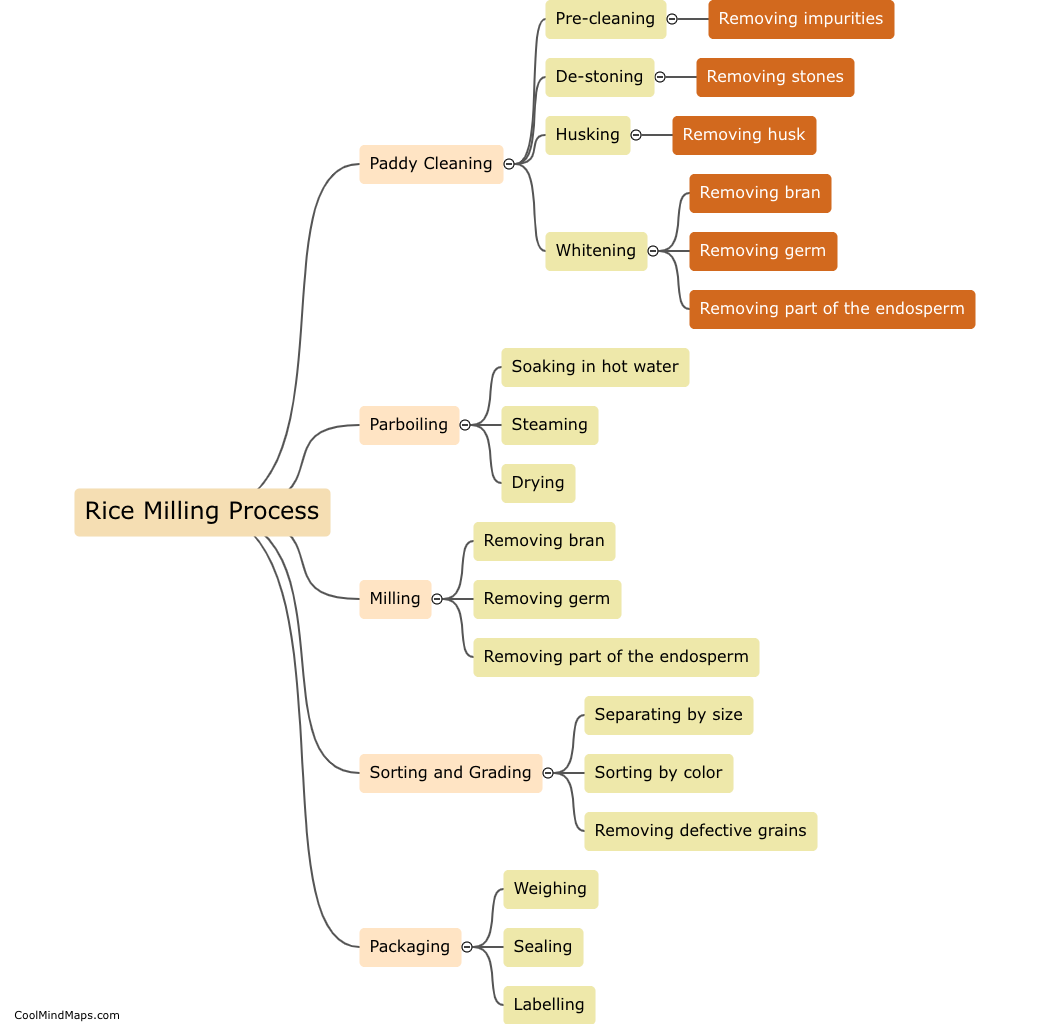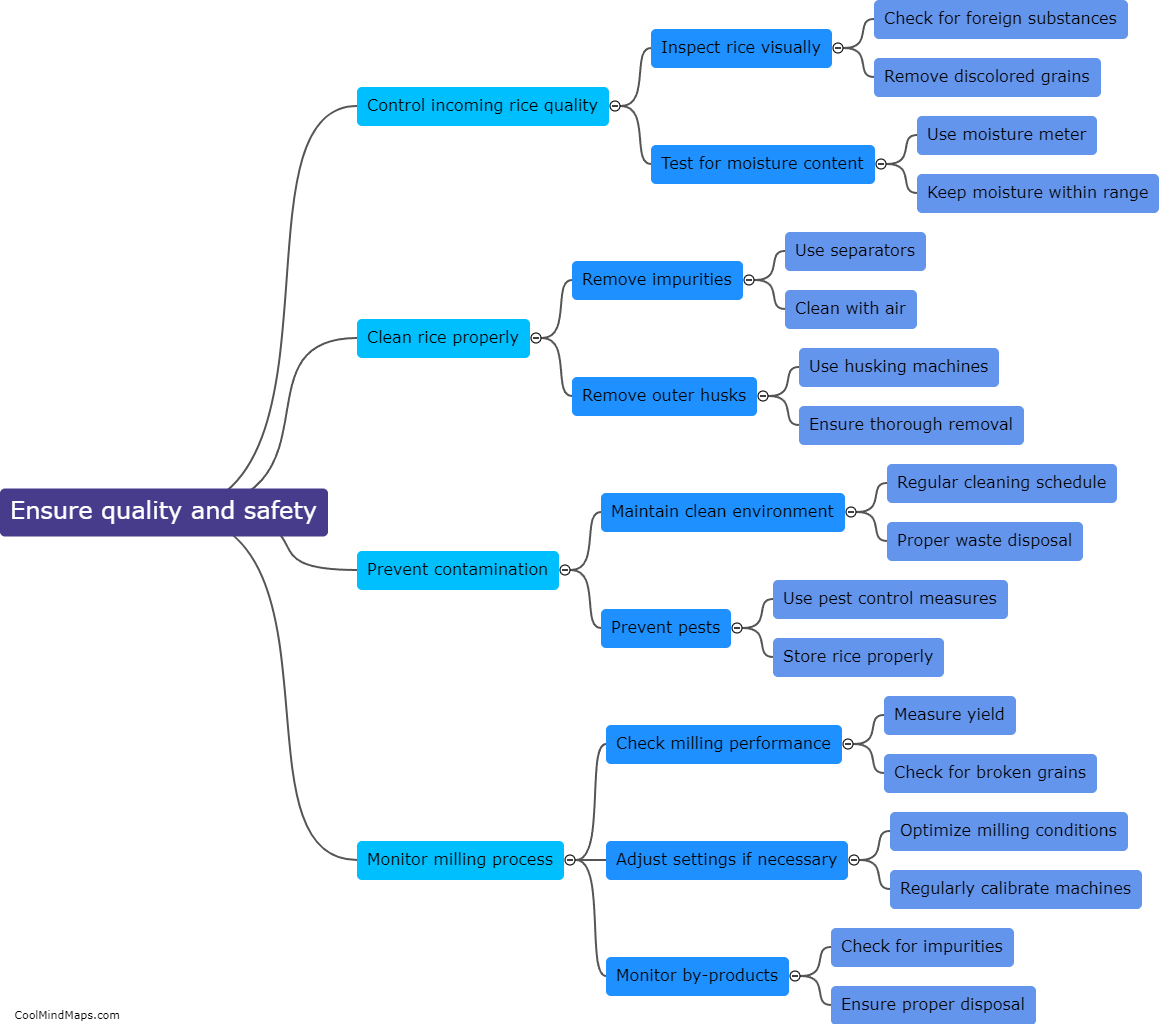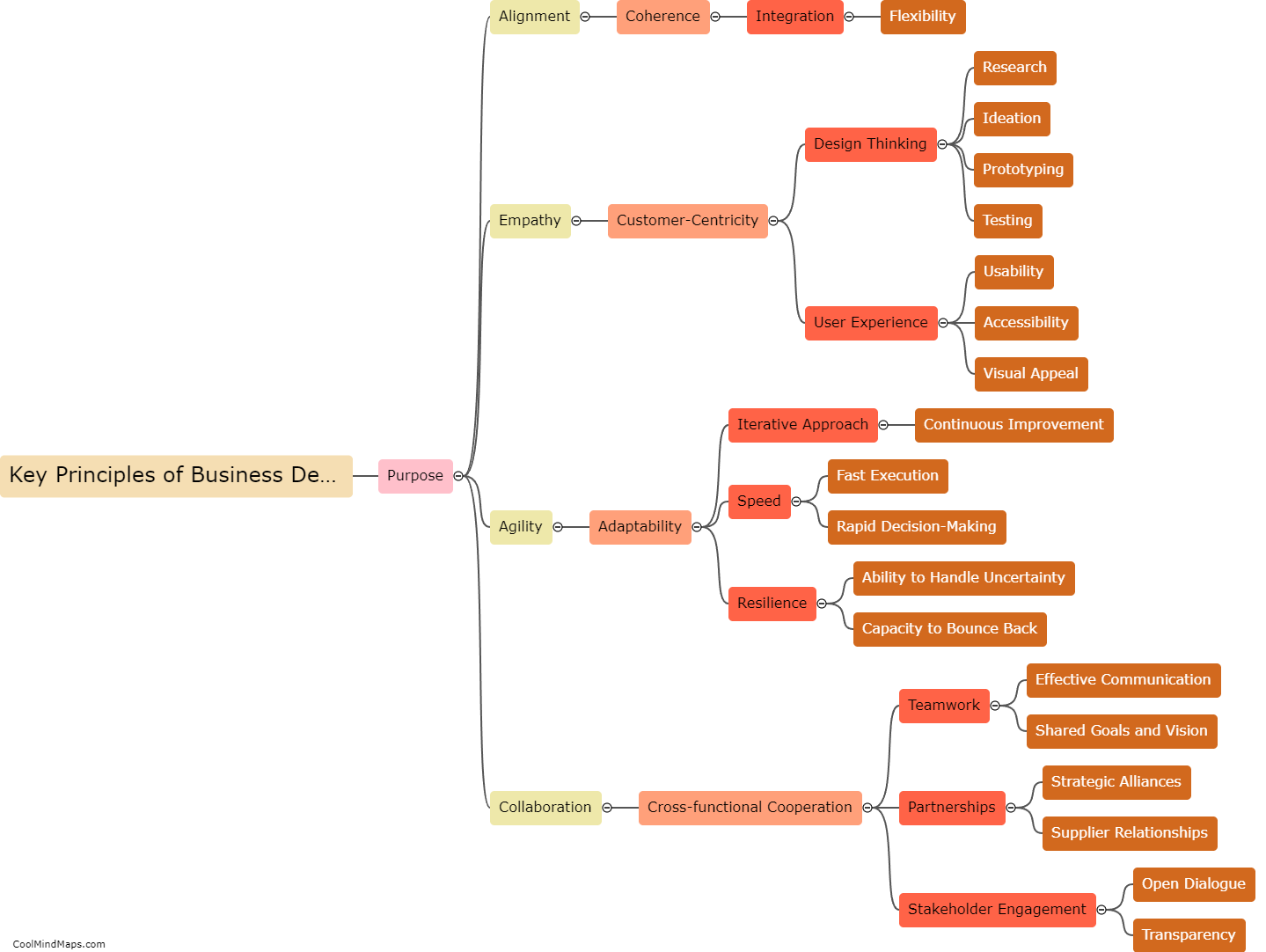What permits and regulations are required to build a rice milling factory?
To build a rice milling factory, several permits and regulations must be obtained to ensure compliance with local, national, and international standards. Firstly, a construction permit is necessary to begin building the factory, which involves obtaining approval for the site layout, structural design, and safety measures. Environmental permits are also crucial, as the factory's operations may impact air, water, and soil quality. These permits typically involve conducting environmental impact assessments and obtaining licenses to regulate emissions and waste management. Additionally, health and safety regulations must be adhered to, requiring permits for fire safety, worker safety, and the handling of hazardous substances. Depending on the location, permits related to electrical systems, water supply, zoning, and land use may be required. Furthermore, food safety and quality certificates are vital, ensuring that the rice milling factory follows rigorous hygiene and sanitation practices. The specific permits and regulations can vary depending on the jurisdiction, so it is essential to consult with local authorities and industry experts to navigate the requirements effectively.
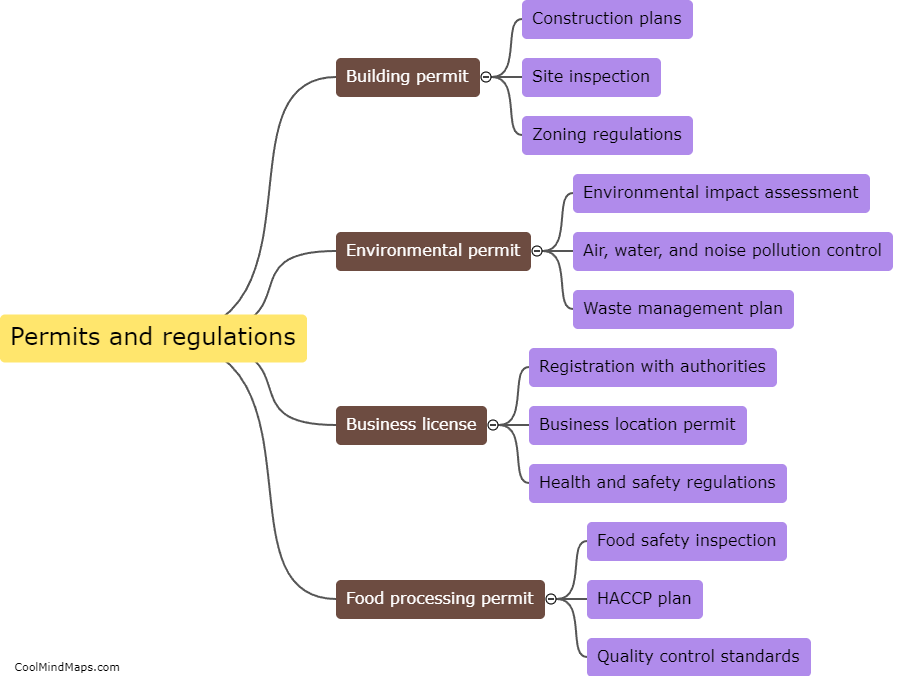
This mind map was published on 27 August 2023 and has been viewed 112 times.



